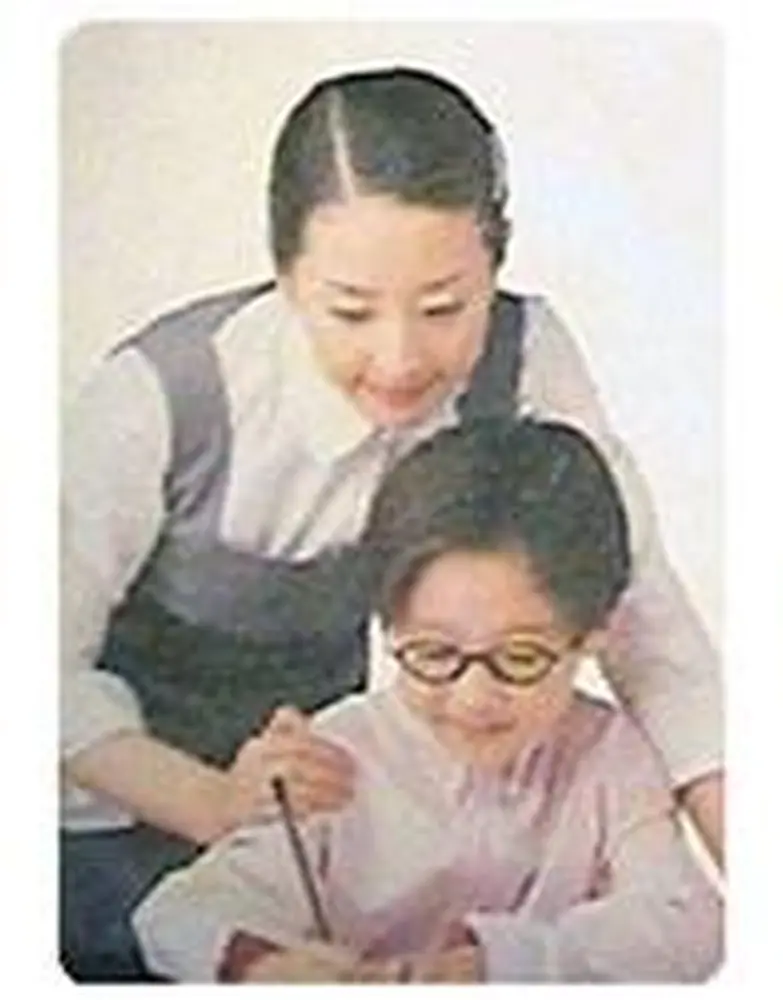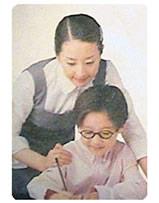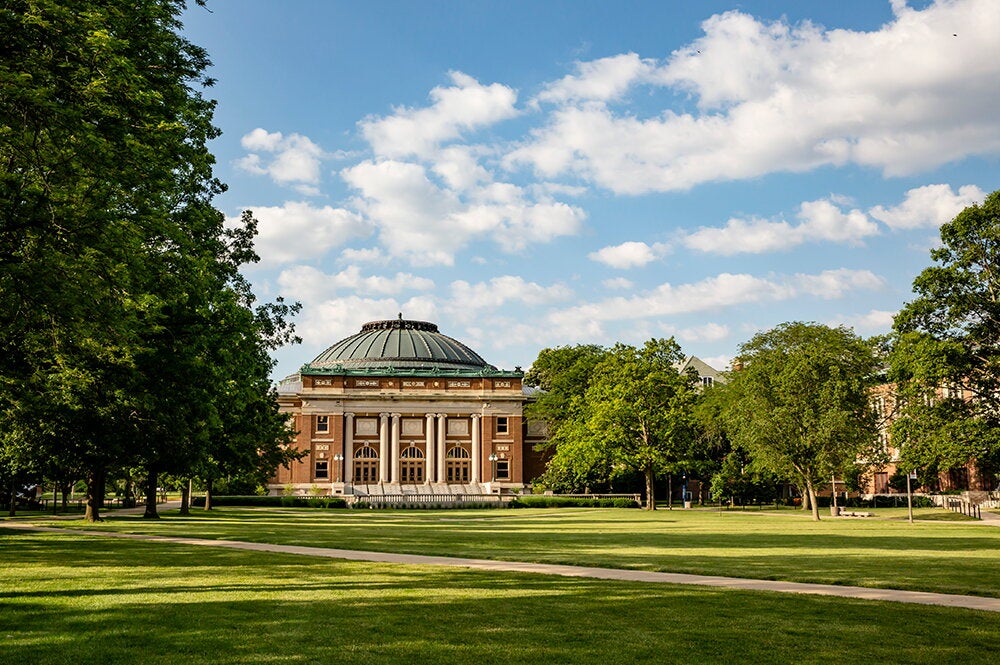

Considering the overwhelming amount of time South Korean mothers devote to their children's academic endeavors, for some, it is as though they have never left school.
Education traditionally has been valued by South Koreans, but a new generation of mothers have taken this dedication to a whole new level. Out of a desire to improve their children's lot in life, South Korean mothers have become "agents" for their children by micro-managing every aspect of their academic and extracurricular schedules.
In a study of the changing role of motherhood in South Korea, So Jin Park, a PhD candidate under the guidance of Nancy Abelmann in the Department of Anthropology, examined a sample of 40 middle- and working-class mothers living in Seoul. Her results portray a competitive motherhood so driven that it is easy to understand why the United Nations Committee on the Rights of the Child announced in 2003 that the zealous educational atmosphere in South Korea violates the children's right to play.
One mother revealed that her two kids were taking 23 different private classes, leaving hardly any time to relax or play.
South Korean mothers have been dubbed "road-managers," balancing schedules and collecting vital information about tutoring programs, in order to compete with other children for college admission. The nation's extremely competitive academic environment has made supplementary private educational programs necessary so that students have an upper hand on the highly selective college entrance exams. The tests have diverse requirements and change yearly.
"Manager mothers have the skill to manage private after-school education," says Park. "They must have economic resources and taste; they are educational consumers who are responsible for their children's future and success."
According to a survey by the Korean Ministry of Education in 2001, 71 percent of elementary students were enrolled in private after-school programs, with some starting their private education as early as age 4.
One mother revealed that her two kids were taking 23 different private classes, leaving hardly any time to relax or play.
A mom of a sixth grader who is involved in several after-school programs told Parks: "Actually, the children themselves are the least important ingredient in their own academic success . moms are the ones who need to be intelligent."
A typical South Korean manager-mother's 18-hour day begins at 6 a.m., checking over the day's schedule and helping her children get ready for school by 8. While their preschoolers are in class, some mothers even stay at the school and take reinforcement classes in math and English so they are better equipped to help with their children's homework. Class lets out at 4:30, but the day is far from over.
The mothers then chauffeur the children to their daily private extracurricular classes, which range from piano to Chinese to calculus. There, the moms may take more classes or exchange study strategies and information with other mothers in the waiting rooms. After returning home around midnight, they check over and help with their children's homework. Then it begins all over the next day.
The road-manager mother is a fairly recent phenomenon in South Korea. "Mothers are having to deal with a different atmosphere than when they grew up," says Park.
During the military rule of General Chun Doo-hwan in the 1980s, private after-school programs were banned with the goal of developing a national equalized educational program, committed to developing world citizens. "Still, some wealthy South Koreans were widely suspected of secretly hiring private tutors," says Park.
Following the democratic movement in 1987 and the educational reforms in the 1990s, drastic changes were made to deregulate the educational system and remove the bans against private tutoring programs. "These changes were solidified in 2000, when the bans were ruled as unconstitutional," explains Park. Ever since, the private after-school market has grown exponentially.
Due to the time investment required to be a successful manager mother, many women find that they are pulled between motherhood and the need to work part time to pay for the programs. South Korean families spend, "about $2,000 a year on after-school programs on the low end," says Park. But she contends that the expense is underestimated in surveys because many families are unwilling to admit how much of their income goes towards extra classes.
"Because of the diversification of the educational market and recent reforms, the manager mother has emerged as an indispensable figure," Park says.


